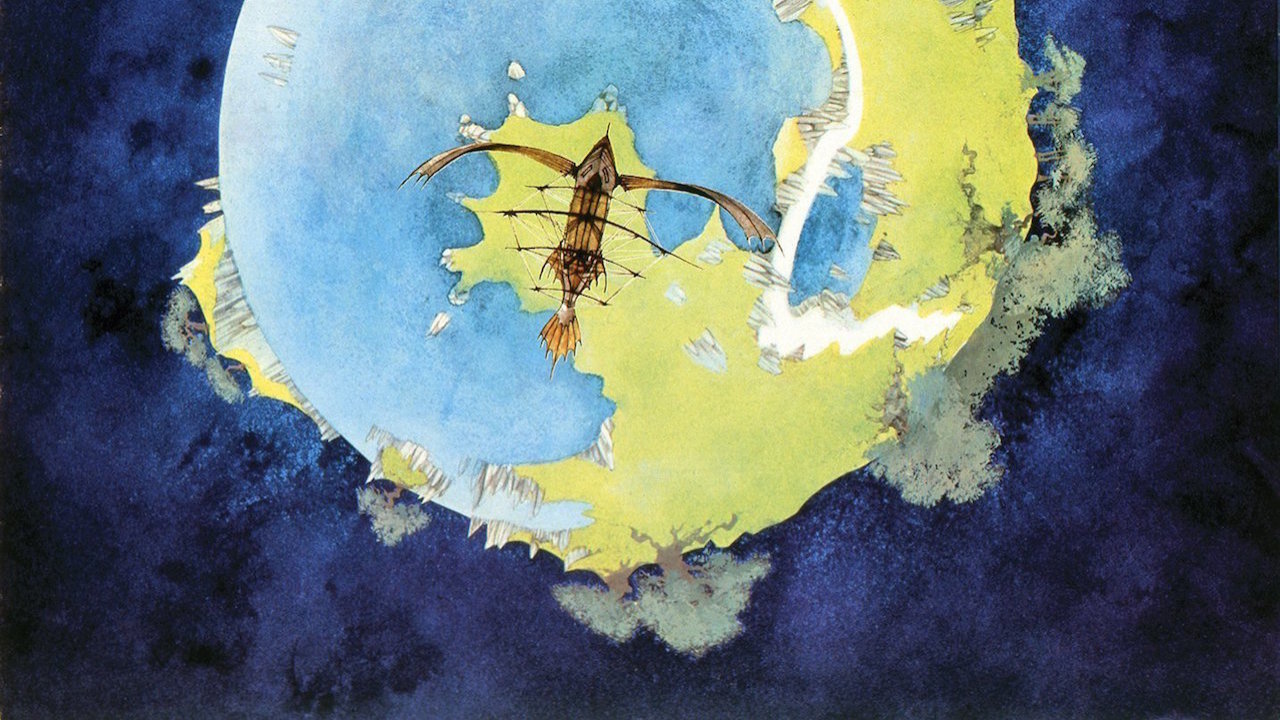Fragile, from 1971, is the latest Yes album to get the full reissue treatment: new mixes from Steven Wilson, plus restored artwork overseen by Roger Dean (Fragile was his first design for the band), fresh sleevenotes, and, best of all, six unreleased studio recordings.
These include All Fighters Past, based on a tune/lyrics that would appear in more complete form on _Tales Of Topographic Oceans _(1973), and with a line from Siberian Khatru running on the keyboards. At just over two and a half minutes, it remains a tantalising glimpse of what might have been (the remainder of the original track was taped over).
As for the album, it remains a prog classic. Yes’s best ever? Many insist that Close To The Edge (1972) deserves that accolade, but there are powerful arguments for Fragile. With new boy Rick Wakeman on keyboards, they now had the chops to stretch out: four of the tracks are group compositions, the remaining five individual mini-exhibits from each player.
Wakeman’s Can And Brahms is neo-classical silliness while Five Per Cent For Nothing finds drummer Bill Bruford inventing math rock. Anderson warbles: ‘Tell the moon, don’t tell the marcher’ on We Have Heaven, Steve Howe goes flamenco for Mood For A Day and Chris Squire has a bass-gasm on The Fish.
But it’s the four long-form tracks that show Yes entering their imperial phase. The arrival, 46 seconds in, of Squire’s bass on Roundabout remains one of rock’s most thrilling moments. South Side Of The Sky veers between virtuosic frippery and pop economy.
Long Distance Runaround proves that, even at their most ‘difficult’, Yes were embraceable. And Heart Of The Sunrise is 11 minutes of synchronous telepathy and dexterous adventurism. Eight years on from Love Me Do, folks. Mind. Blown.

